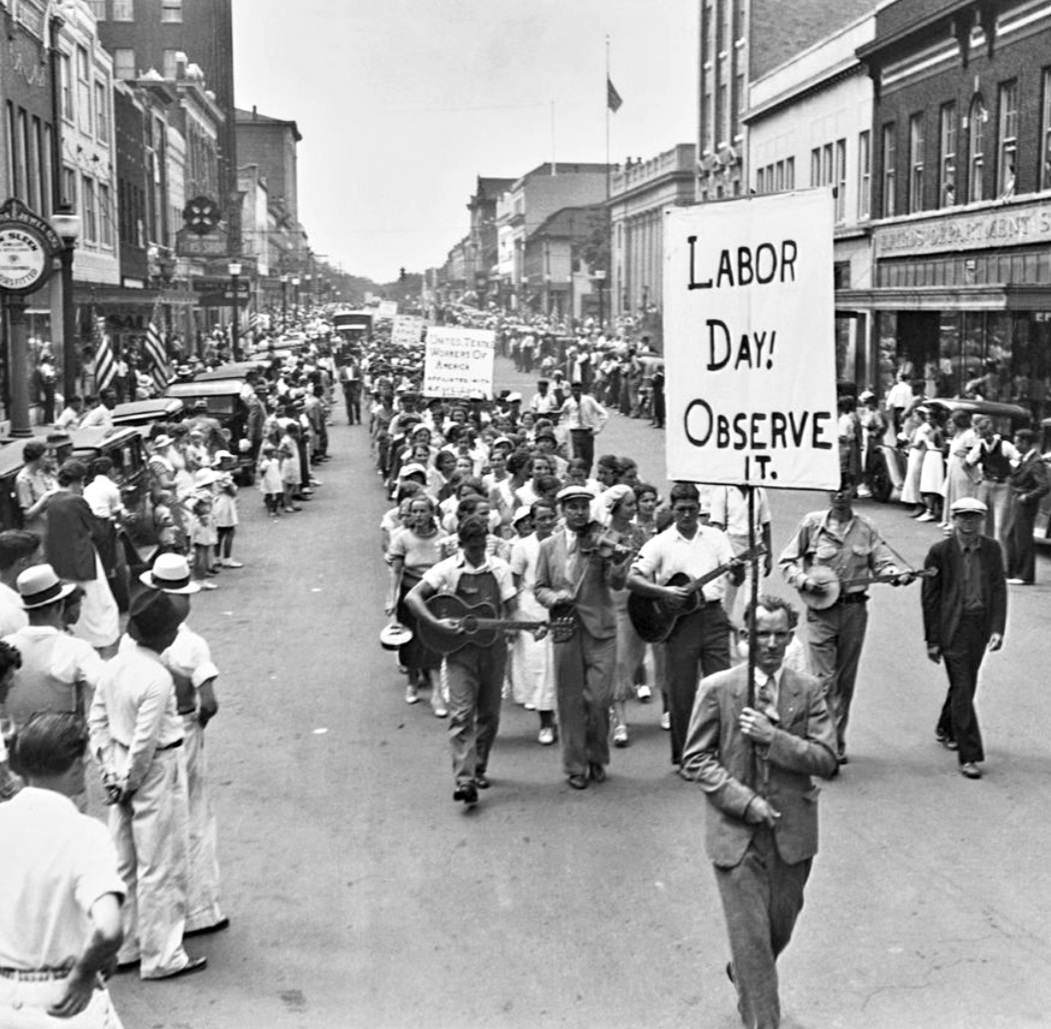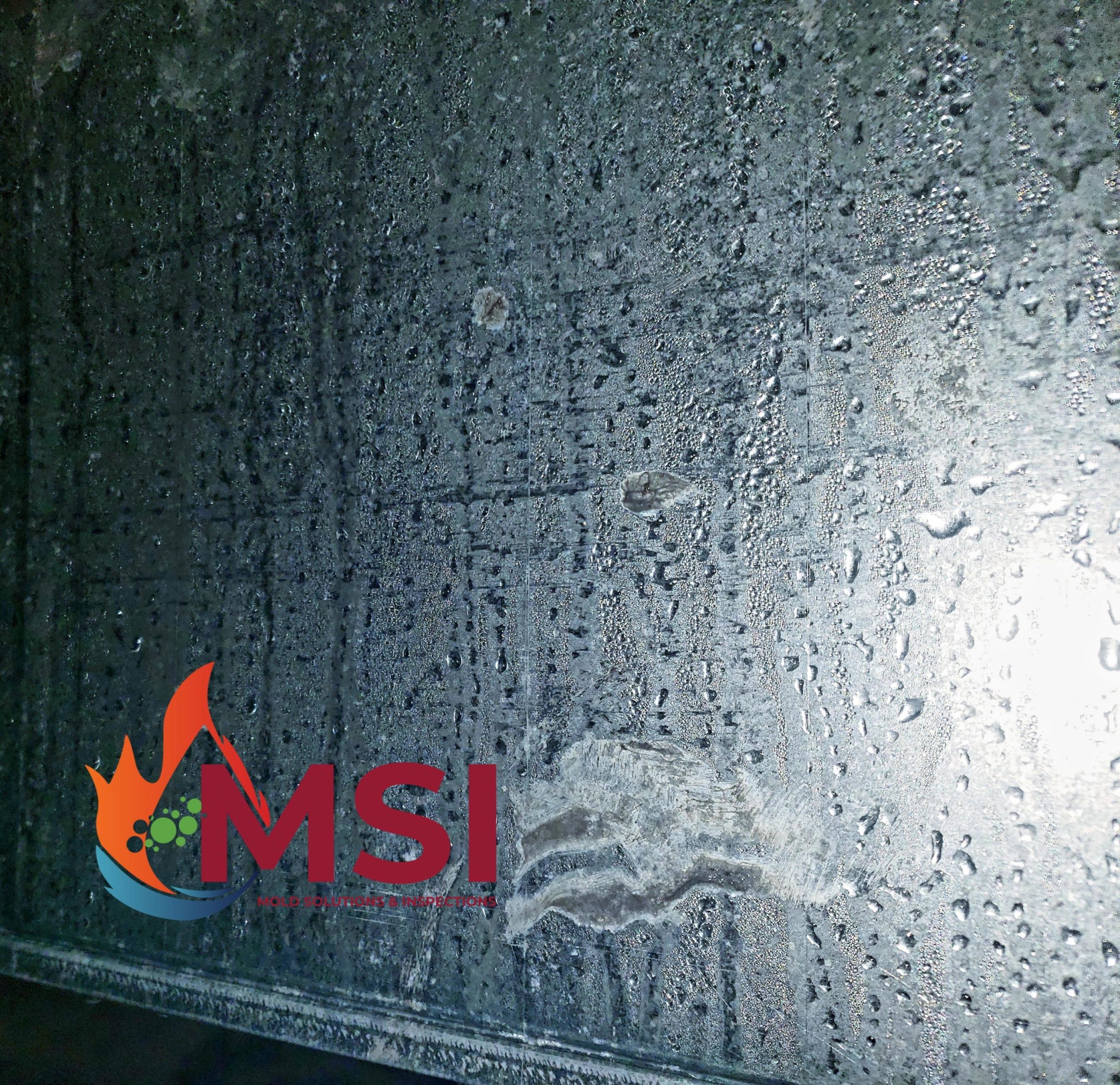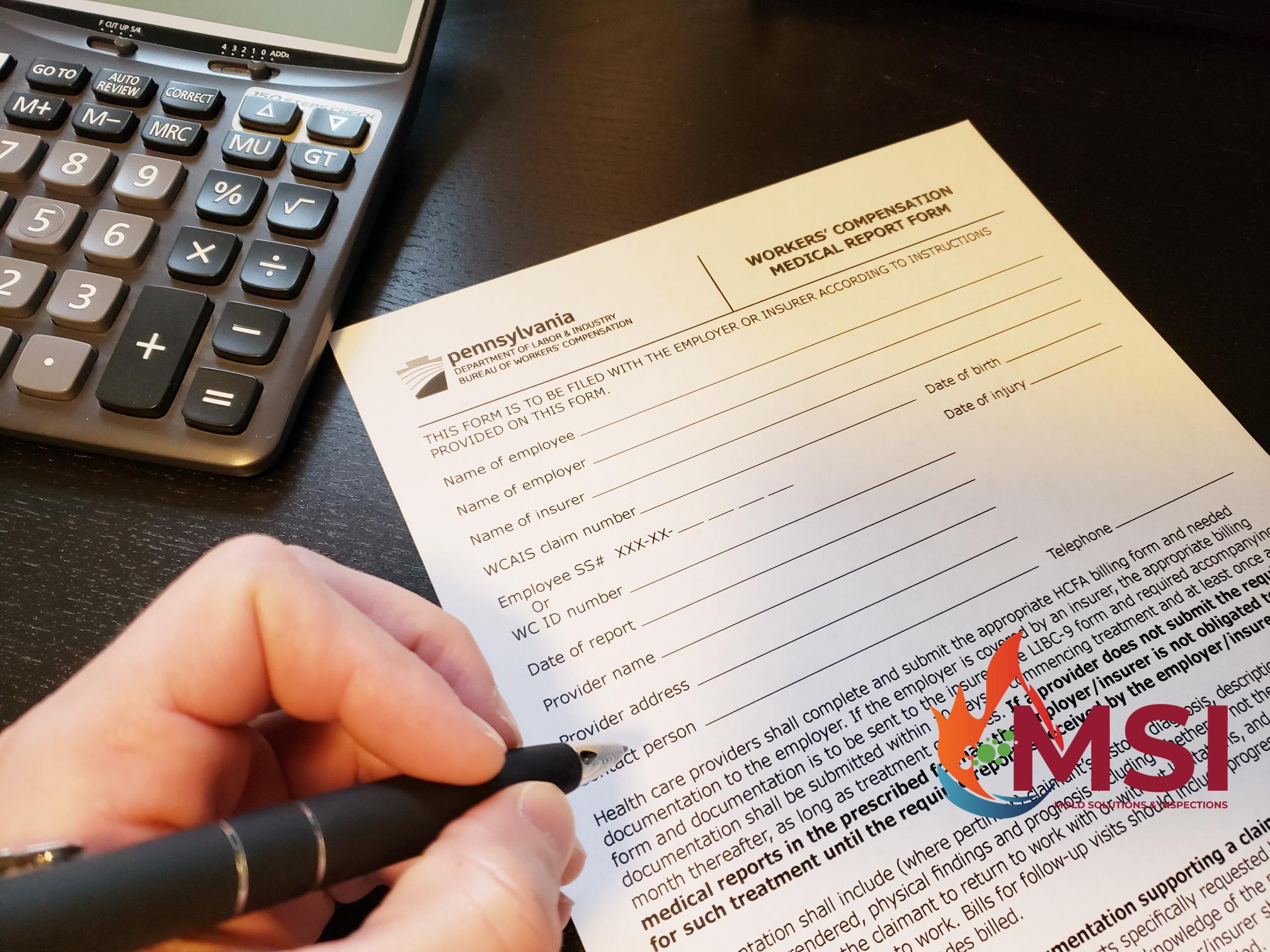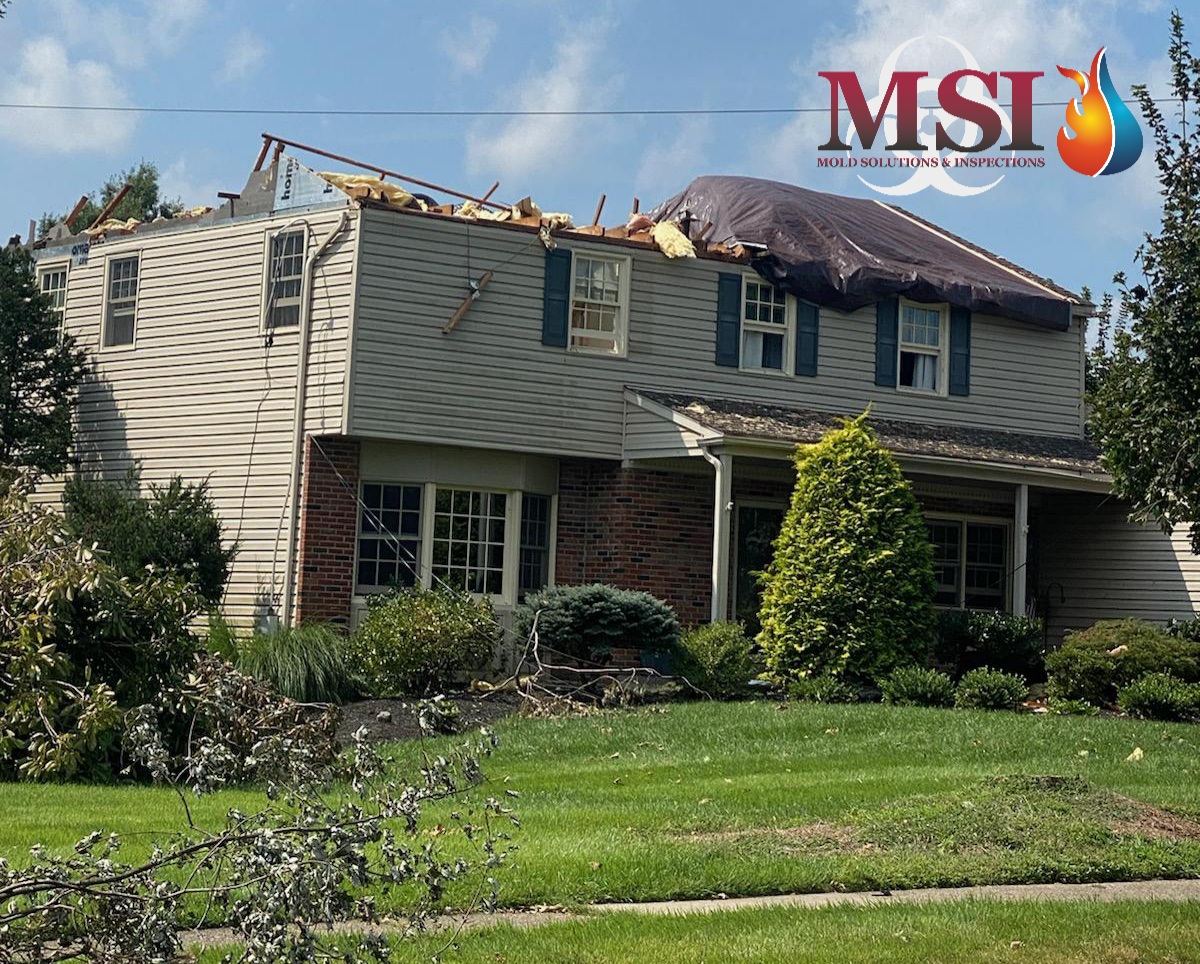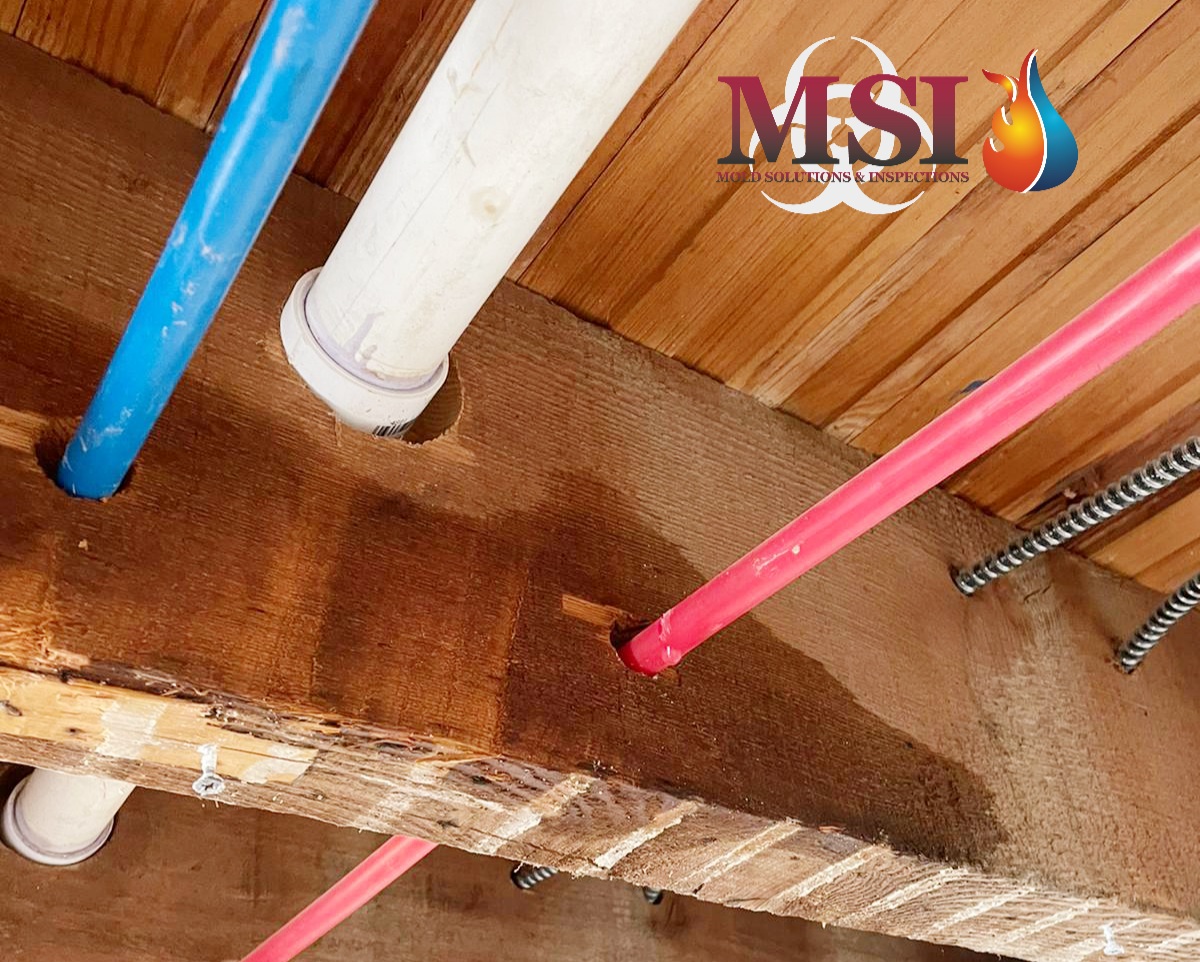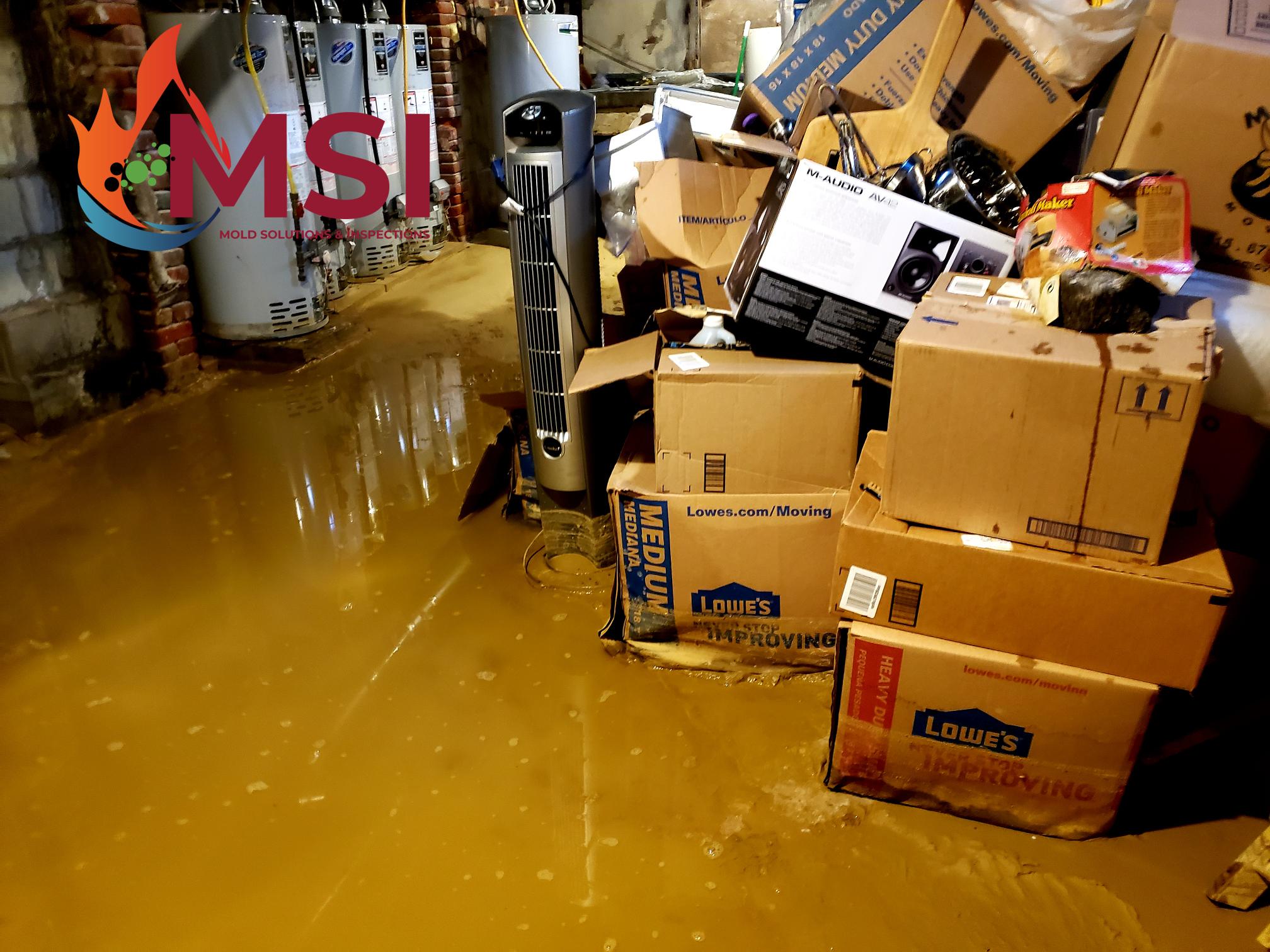Few home buyers stop to think that they could lose their home. But mistakes happen. The reasons sellers decide to sell are based on the mistakes they made when they purchased. Doing your research and being well prepared can help you not make costly and life altering mistakes that will take years to recoup from.
Attending Seminars
Start by calling that toll-free phone number to make a reservation. Then sit through a three-hour sales pitch for books, tapes, CDs and specially discounted services hawked by seminar gurus who most likely never bought or sold a piece of real estate in their lives but are getting rich off the backs of suckers. Er, I mean honest, information seeking consumers. Armed with trade secrets, then venture forth into the world of real estate, making sure you regularly point out how the “pros do it” to your real estate agent, who, undoubtedly, will be forever grateful to receive such sage advice. Make dozens of lowball offers that get rejected until you find a seller who will carry all the financing at 18% interest with a 3-year balloon payment.
Choosing Bad Agents
Start by believing the premise that all real estate agents are the same because they all hold a real estate license. Do not interview your agent because you don’t want to offend by asking hard questions or trying to figure out the agent’s answers. Hire the cheapest and most eager agent you can find, regardless of experience, because that agent will work harder for you. In fact, ask your newly licensed brother-in-law to represent you. Refuse to sign a buyer’s broker agreement.
Having No Savings or Spending It
Put every cent you can scrape together into a down payment for your new home. Beg or borrow money from relatives to pay your closing costs, which will barely let you squeak by an underwriter’s scrutiny, but at least you have equity walking into the deal. If you’re short on funds, tell yourself that you’ll make it up out of next week’s paycheck and make a cash withdrawal on a major credit card. Plan on charging all repairs and future maintenance to that credit card as well. Make every effort to clean out all sources of available cash, dumping every dime into the purchase of your new home. In fact, why not cash in your retirement accounts, too, because retirement is a long ways off.
Refusing Professional Advice
Realize that regardless of what your agent or mortgage broker tells you, professional sales people are only interested in closing the deal. They want your money into their pocket as fast as they can get it and nobody cares about what happens to you, except you. Which makes you an authority. What you do not know, you can ask Uncle Joe to explain, since he owns a home and you do not. Don’t bother looking up information on the Internet, reading real estate books or asking for a second opinion as all of that is a waste of time. Whatever you do, do not, under any circumstances, ask a lawyer or an accountant for advice. If you receive professional advice, disregard it and do what you think is best.
Choosing the Wrong Financing
The lower your monthly payment, the more money you will have leftover every month to spend on other things. Besides, appreciation is the only way to build equity in a home; you do not need to pay down the principal balance of your loan. Make sure you shop for the lowest interest rate you can find, even if it means the rate will adjust later on. Don’t pay any attention to a Good Faith Estimate — it’s just jargon. If you don’t understand the terms of your loan, shrug it off. You know there is no reason to be concerned with silly terms such as indexes, margins, caps or negative amortization. Because you have a low interest rate, a low monthly payment, and you feel confident that whatever happens later, you can handle.
For more, see Part 2 of this Blog

